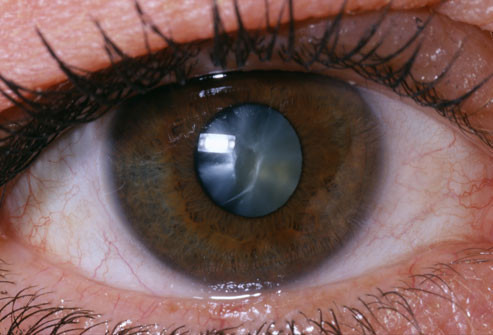Virtual reality has been a staple of science fiction ever since Stanley G. Weinbaum wrote about high-tech goggles in 1935’s Pygmalion’s Spectacles. Now that virtual reality has become actual reality, it’s slowly but surely revolutionizing the treatment of heart disease and stroke.
“In the next couple of years, every medical center will have virtual reality in some respect. I think it will be as ubiquitous as the smartphone,” said David M. Axelrod, M.D., clinical assistant professor of pediatric cardiology at Stanford University School of Medicine.
“The heart and the brain are two of the most complex organs to understand in a three-dimensional way, and virtual reality is going to change the way students and patients learn about heart disease and stroke,” he said.
The change is already happening.
Axelrod and other pediatric cardiologists at Stanford are using a VR tool called the Stanford Virtual Heart to help explain complicated heart problems to students and families of children undergoing surgery. Users strap on a VR headset, grab a remote control and teleport inside the heart’s chambers and vessels, said Axelrod, who is also the lead medical advisor and a shareholder at Lighthaus, Inc., which created the Stanford Virtual Heart.

Dr. David Axelrod (right) of Stanford University School of Medicine and David Sarno, founder of Lighthaus, Inc., which created the Stanford Virtual Heart. (Photo courtesy of David Axelrod)
At the University of Minnesota Medical School’s Visible Heart Laboratory, doctors working within virtual reality are able to put tiny leadless pacemakers inside various 3-D models of the heart.
“Physicians can drive through the anatomy, blow it up, shrink it, and explain a defect to someone,” said Paul Iaizzo, Ph.D., professor of surgery and head of the Visible Heart Lab. “The surgeons we’ve talked to say, ‘For the first time, we have an easy tool to better explain to families what we need to do surgically.’”
Investing in virtual reality is a savvy way to inspire the next generation of medical students who grew up with their hands glued to video games, Iaizzo said.
“Now, instead of going home and playing games, they stay at the lab all night and create educational tools,” Iaizzo said. “It’s just as exciting for them, and even more rewarding, since they know they’re helping others.”






